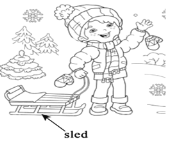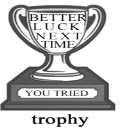0 133269 133277 133283 133287 133293 133295 133299 133305 133307 133313 133319 133323 133325 133329 133335 133337 133343 133347 133349 133353 133355 133359 133361 133363 133364 133365 133367 133368 133369 133371 133373 133377 133379 133383 133385 133389 133395 133397 133403 133407 133409 133413 133419 133425 133427 133433 133437 133439 133445 133449 133455 133463 159627


